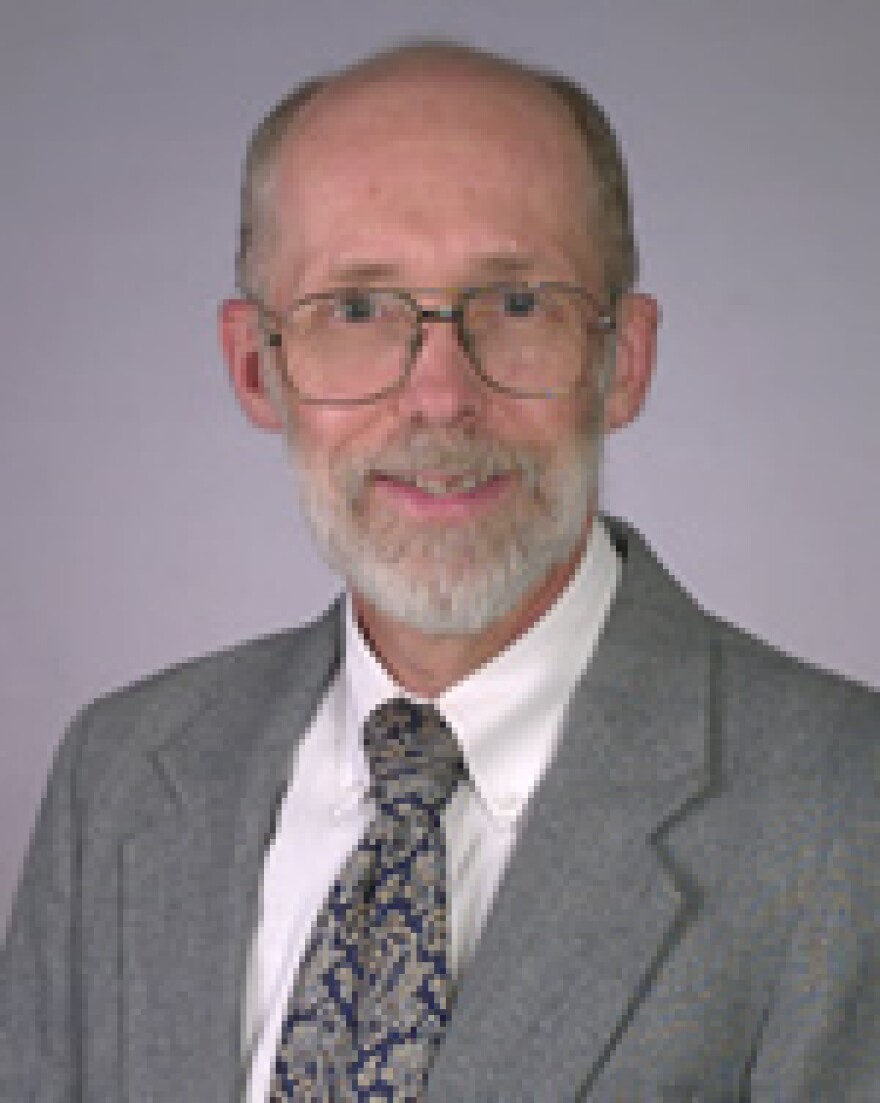With all the turmoil in the world, it’s hard to imagine people learning to forgive, but a professor at Virginia Commonwealth University has come up with a method that works, and he’s just won a million dollar grant to take his method abroad.
At 67, Everett Worthington has spent more than 30 years studying forgiveness. The VCU psychologist has written a dozen books on the subject, lectured widely, and practiced what he preached.
“Five or six years after beginning to investigate forgiveness, my mother was murdered, and then it became really personally meaningful. “
Worthington knew it was unhealthy to feel anger toward the killer.
“It creates cortisol, a stress hormone, and coritsol at high levels chronically will end up effecting about every system of your body. The cardiovascular system is effected, the immune system is effected, digestion, cortisol will shrink your brain by up to 25%.”
But he found it difficult to surrender his hate.
“Sometimes we enjoy holding on to grudges. It gives us kind of a feeling of power.”
So he turned to a method he’d developed called REACH Forgiveness to confront what happened that tragic New Year’s eve.
“I started “R” to recall the hurt, but “E” to recall it in a way that empathizes with the person who might have committed this crime. So I tried to get into the shoes of a youth that was outside of this darkened house, probably keyed up, excited, this is going to be a perfect crime. He breaks a window, and it turns out my mother was not gone to a new year’s eve party but was just asleep.”

The killer used a crow bar to beat Worthington’s mother. It was a horrifying thought, but the professor replaced the emotions he felt with a kind of compassion for the young killer.
“He’s probably afraid he’s going to go to jail. He’s probably angry that his perfect crime has been spoiled, and he’s holding a crow bar, and has an impulse control problem, or he wouldn’t be breaking into houses, and that empathy helped me to then be able to give A -- an altruistic gift of forgiveness, and then later commit to that forgiveness – C -- and then H to hold on to that forgiveness whenever I doubted.”
Numerous studies show the approach works, and it’s been used around the world in many different situations. Now, Worthington will use a one million dollar grant to train researchers in South and West Africa . They, in turn, will teach REACH Forgiveness to victims of crime, war and genocide.
Worthington is a realist. He knows his program won’t save the world, but he hopes it will help some people to live, healthier, happier lives.
R is for Recall. Recall the events and the hurt as accurately and objectively as you can.
E is for Empathize. Try to understand what happened from the point of view of the person who wronged you.
A is for the Altruistic gift of forgiveness. Recall a time that you hurt someone else and were forgiven. And offer this gift to the person who wronged you.
C is for Committing yourself to forgive publicly. Write a letter of forgiveness (whether you send it or not), write in a journal, tell a trusted friend, or, if you can, tell the person who wronged you.
H is for Holding onto forgiveness. Forgiving is not forgetting. Memories of the wrong and feelings will come up. Remind yourself that you have made a choice to forgive.
For more information about Dr. Everett Worthington, click here.

